There’s a paradox to this whole ‘It’s rude to talk about money’ thing…It seems that as much as people shy away from talking about money, they’re more than happy to complain about taxes.Taxes polarize the nation. Some are for paying taxes, and others want to do everything they can to avoid paying them. And, whichever side you’re on, I’m sure you’ve developed a strong opinion over the years.Me, too… and I’m often asked about it.So let me be quite clear: I don’t like paying taxes. I LOVE paying taxes.I equate paying high taxes with doing well. Omg… why, you ask?Because it means I’m successful and my companies are making a healthy profit. I say this with ‘hand on heart’ and as someone who has a good reason to moan about taxes: I don’t get any personal benefit from the school system. I’ve been lucky enough never to draw social security, and I can afford health insurance. I don’t dislike anyone enough to invade their country or bomb their fish and chip shops. I don’t use public transport.But so many people have a need of some or all of those things.
- 24% of what I pay back to Uncle Sam goes to social security providing 42 million people with an average of $1400 a month.
- 26% goes to Medicare, Medicaid and CHIP.
- 9% goes to additional support programs for the underprivileged, known as Safety Net Programs.
- Unfortunately, a whopping 15% goes to defence, whereas a mere 3% goes to education and 2% to transport infrastructure, but there’s little I can do to change that.
We all have our opinions about this, but that’s not what this post is about. The fact is that, if I do well, then I get to contribute to all this through my taxes. I put money to work. As I’ve mentioned before (see this blog post), money is simply another form of energy and it needs to flow. Stagnating money deteriorates. Just by willingly paying taxes, we contribute to flow…And the more that flows throughout our life, the more that flows throughout our life, and the more that flows throughout our life and, well, you get the point.Right now, you’re probably about to ask about the ‘Fat Cats’ who seem to have a talent for avoiding paying taxes. Most of these so-called Fat Cats become successful because they understand how money works. They use its energy to create more flow. One thing I can opine about is that if they avoid sending money to the IRS, using the IRS’ own rules, they are highly unlikely to put the remainder in a savings account or stuff a mattress with it. They’ll put whatever they save to work. Either way… paying taxes or avoiding taxes and reinvesting the money works the same.As a single-person company builder, paying taxes always comes down to my personal annual tax returns because the rules of an LLC/Limited Liability Company (see Secrets to a Successful Startup for description) avoid the hardship of double (company and personal) taxation. In this case, profits become personal income and there’s just one tax bill. But, instead of an accounting team taking care of the details, I complete the forms and send the check.In 2008, I received my first significant tax bill for a whopping $975,000. I sent the check with a smile, although I had downed a couple of glasses of vino to stop my hand shaking when signing the check. On the flip side, my business partner at the time had a similar check to write. He cursed and procrastinated, had sleepless nights, bemoaned the system, threatened to leave the country… you name it. As we say in England, ‘he spat his dummy out of the pram.’I said to him, ‘Mr. E, it means we did really well. When we started 5 years ago, if I told you that we’d soon get a personal tax bill for nearly a million dollars, you’d have jumped for joy.’ Of course, it didn’t stop his ranting and raving. Is it just coincidence that I have since built 3 more companies, each worth more than the last… whereas he struggles with a very small venture that hasn’t grown revenues since?I don’t think so. I love him, but I can’t seem to get through to his mentality.
To complete the story, 3 years later I got audited for that tax return. The IRS was not at all interested in the $975,000 calculation. No, they wanted to hammer down on the $4000 expenses I had deducted for attending a meeting in London that tax year. They dispatched an agent to my company office (which was my home), and upon arrival she proclaimed that she would spend 3 days auditing my records. Fortunately, I use a system (again, you can discover it in Secrets to a Successful Startup) that keeps immaculate records without any effort on my part. The agent spent 2 hours on the audit before approving the records and then took 2 1/2 days unapproved vacation (not at my home, thankfully, although my dogs really liked her).Recently, because I’m donating all of my proceeds here to cancer R&D and I also run a cancer drug development company (which means no income until a company exit or a successful FDA approval), my taxes are significantly negative… a whopping negative multi-million dollar number, in fact.But I feel the same way as when paying a big check. It means I’m progressing… because if I wasn’t, there’d be no large negative tax bill. Someday soon a deal will materialize, the negative will be a whopping positive again, and off we go to the party once more.
Economists Diego Lubian and Luca Zarri found a strong association between tax morale and happiness after controlling for a bunch of factors, including demographic characteristics such as age, income, and marital status, plus political orientation. Their key result was that an increase of one standard deviation in the person’s tax morale was associated with an increase in their stated happiness by half a standard deviation.Another study used a large dataset of panel data from Germans spanning 1985 to 2010, and reached the same conclusion. On the other hand, those who evade taxes are adversely affected: Ada Ferrer-i-Carbonell and Klarita Gërxhani found that those who evaded taxes reported a significantly lower level of subjective well-being (or happiness).Lubian and Zarri’s conclusion states: Our results suggest that people pay taxes also because they like it. Due to a sense of moral obligation, they feel intrinsically motivated to do it and this generates positive hedonic effects. As Gintis et al. (2008) observe, ‘Because of our nature as moral beings, humans take pleasure in acting ethically and are pained when acting unethically.’
Money flow and tax flow… it’s the same thing.Perhaps the biggest surprise of all is that, according to the research, paying taxes makes you happier.In fact, people in general like paying them. So, my advice?Be ‘for’ large tax numbers and look forward to signing those big checks to Uncle Sam.Cheers,Trevor


